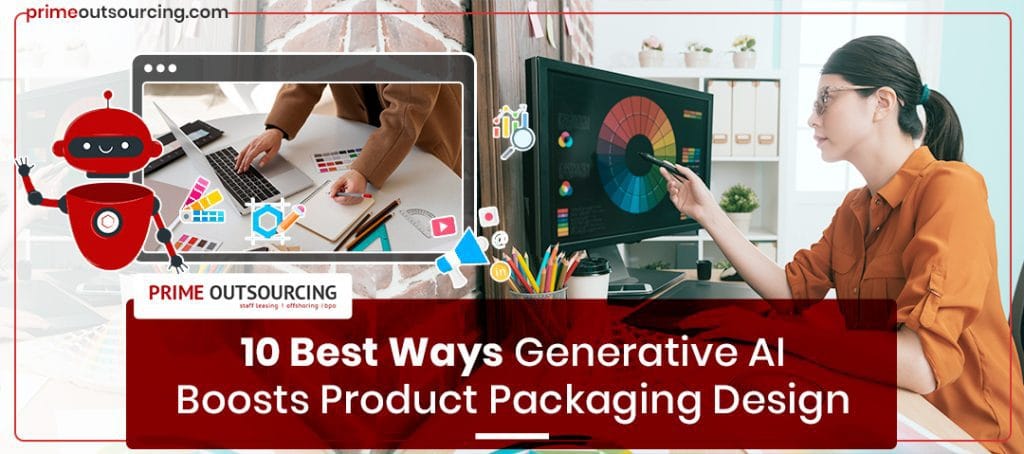
When you walk through a store, surrounded by products all competing for your attention. What makes you choose one over another? It’s the product packaging. As a business owner, you’ve likely wondered how to make your product stand out, especially with changing consumer preferences. While traditional packaging design has worked in the past, sticking to the old ways could hold your brand back. It’s where Generative AI comes in—a system that not only reinvents packaging design but also adjusts to your customers’ changing preferences.
Understanding Generative AI in Packaging Design
Generative AI is an artificial intelligence system that can generate new content, such as text, photos, or designs, by learning from previously collected data. In the context of product packaging design, it considers elements such as brand identity, consumer preferences, and market trends to create distinctive and powerful designs. It’s like having a creative partner who never sleeps and is continuously generating ideas that push the limits of what’s possible.
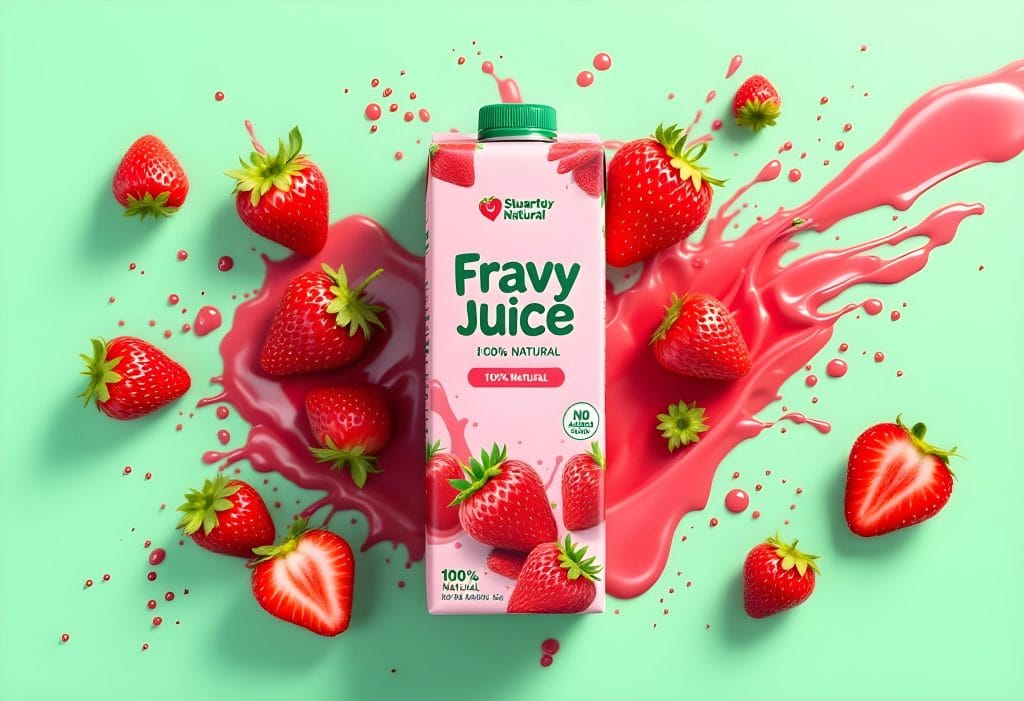
How Generative AI Boosts Product Packaging Design in 10 Ways
Here are the most effective ways to use Generative AI to develop creative, eye-catching packaging that connects with customers and improves your business.
1. Personalization at Scale
Generative AI is a game changer for large-scale design personalization. Imagine designing product packaging that is personalized to each customer’s tastes, making them feel truly cherished. Adobe Sensei and Google Cloud AI are great tools for creating unique packaging designs for millions of customers. These AI capabilities enable not only personalization but also efficient scaling, whether or not it’s a customized product with a limited run and customized packaging or a unique design based on customer data.
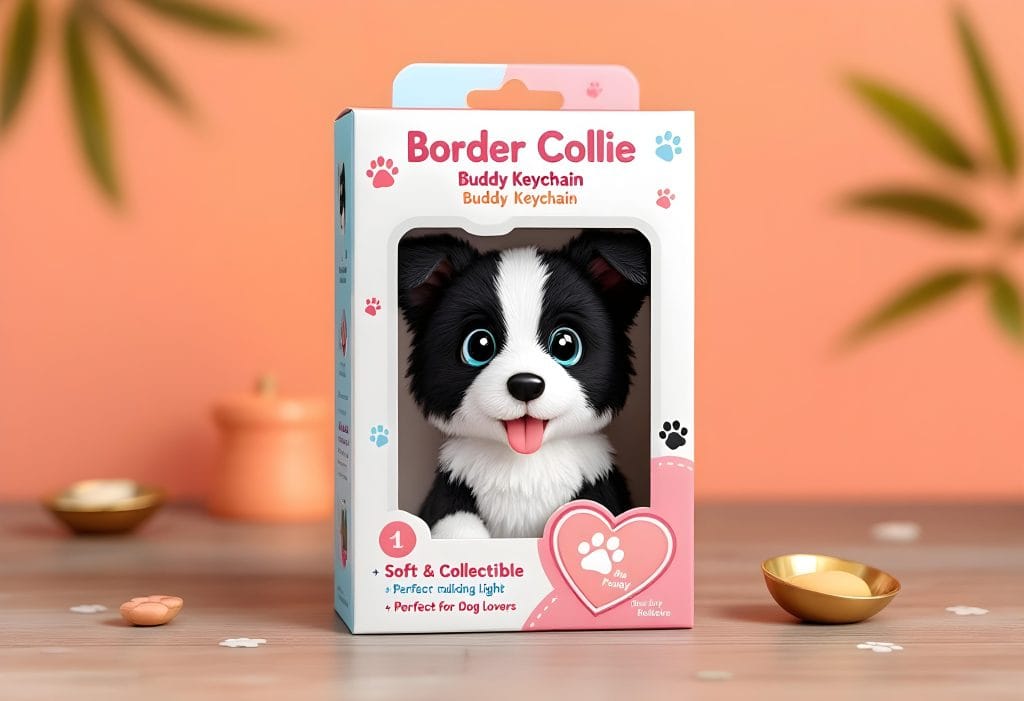
2. Enhanced Creativity and Innovation
Even the most experienced designers sometimes encounter creative bottlenecks, but AI provides unlimited new ideas. If you want to push the boundaries of innovation in your packaging design, consider using Canva or Freepik AI. These AI tools can explore infinite design possibilities, from materials and colors to shapes and layouts, and generate solutions that the human mind may not even consider. What was the result? Packaging that truly stands out on the market.

3. Sustainability and Eco-Friendly Designs
Today’s consumers are more environmentally conscious and expect firms to follow suit. Generative AI can assist you in designing packaging with minimal environmental impact by maximizing material utilization and decreasing waste. Tools like Autodesk’s Generative Design and Microsoft’s AI for Earth are specifically designed to create sustainable packaging solutions. By adding these AI-powered tools into your design process, you can link your brand with green ideals that benefit the environment and appeal to eco-conscious customers.
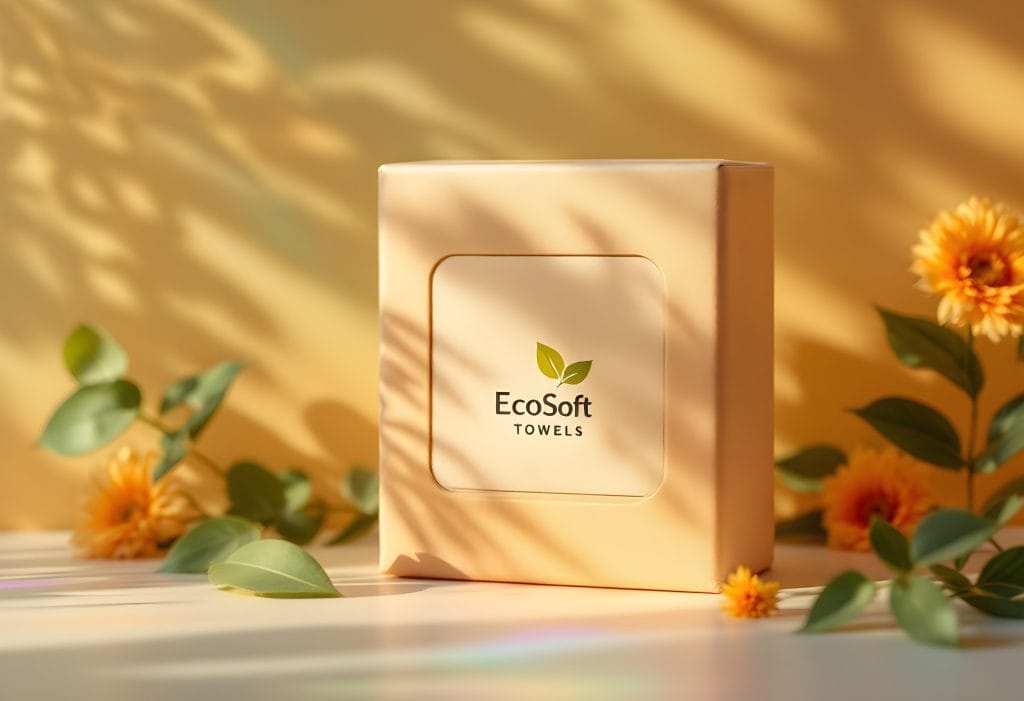
4. Speed and Efficiency in the Design Process
In the fast-paced world of business, quickness is essential. Generative AI can significantly shorten the time required to go from concept to market by streamlining the design process. Ideogram and Adobe XD‘s AI features are intended to help you iterate rapidly and efficiently. These AI programs help you to quickly produce and refine packaging designs, allowing you to fulfill market expectations without sacrificing quality or creativity.
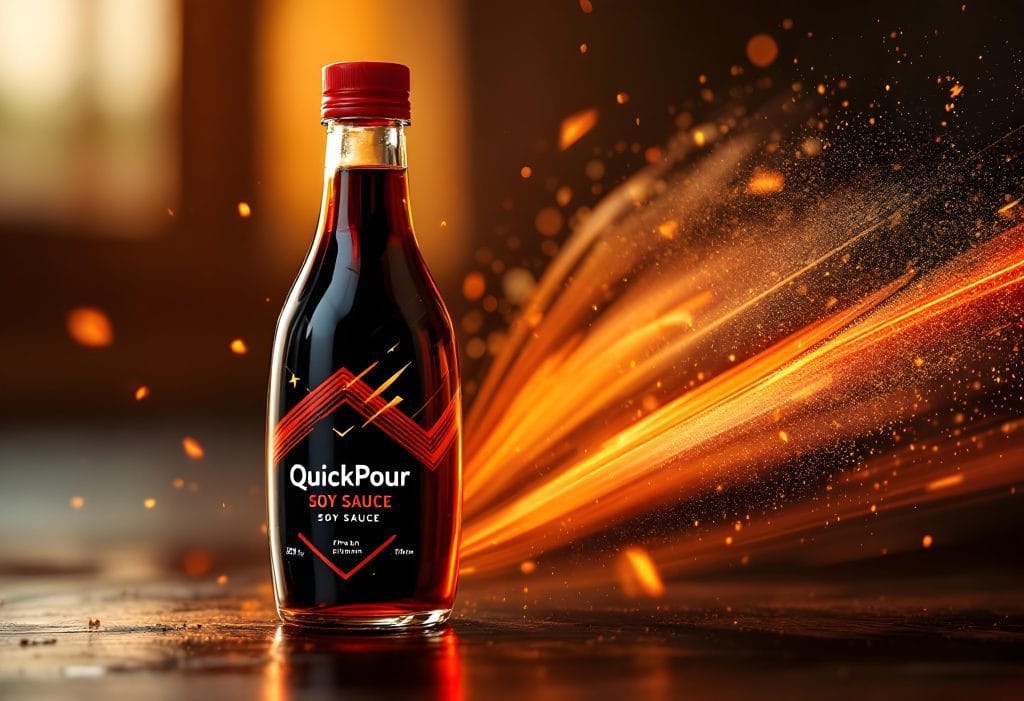
5. Cost-Effective Design Solutions
Keeping expenses under control is always a priority, and Generative AI provides a mechanism to do it while maintaining quality. By automating many aspects of the design process, AI tools such as Amazon Web Services (AWS) AI and Google’s AutoML can assist you in creating affordable packaging solutions that yet look fantastic. These technologies allow you to cut design expenditures while yet maintaining the innovation and appeal required to pique consumer interest.
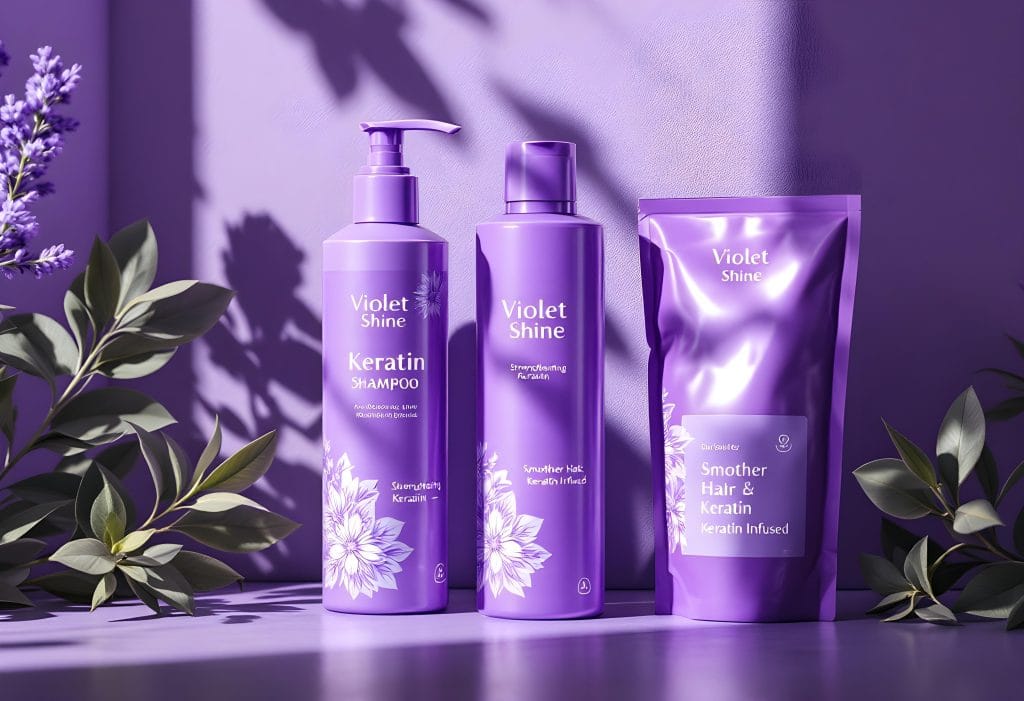
6. Data-Driven Design Insights
Generative AI can evaluate massive amounts of data to drive your design choices, ensuring that your packaging is not only visually appealing but also functional. Salesforce Einstein is an AI solution that can help you evaluate consumer data and gain insights to influence your packaging design strategy. With these insights, you can design packaging that connects with your target audience, resulting in improved results.
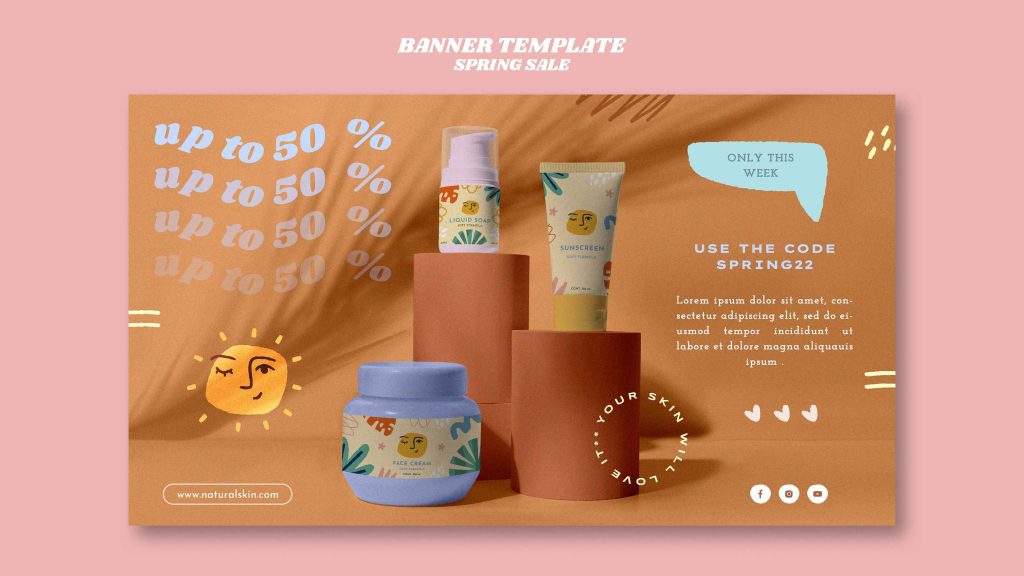
7. Advanced Prototyping and Testing
Prototyping and testing are essential stages in the packaging design process, but they may be costly and time-consuming. Generative AI makes these tasks easier by enabling virtual prototyping and scenario testing. Tools like Siemens NX and Ansys Discovery enable you to design and test virtual prototypes in a variety of real-world scenarios. This not only ensures that your packaging is strong and effective, but it also saves time and money by eliminating the need for physical prototypes.
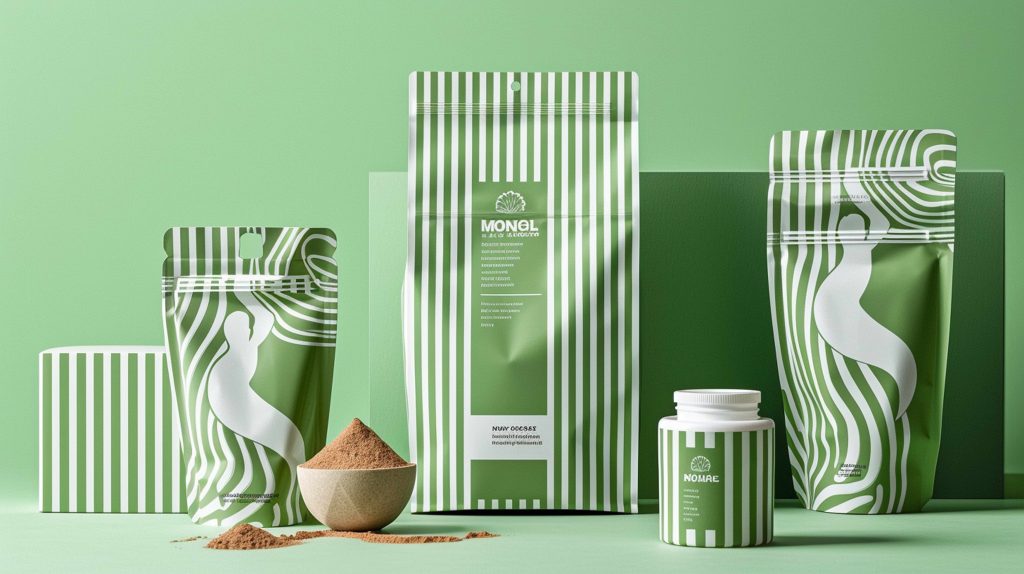
8. Global Design Consistency
Maintaining brand consistency across several markets can be challenging, but Generative AI makes it easier. Adobe Dimension can help you standardize your packaging design, assuring consistency no matter where your products are marketed. This level of uniformity boosts your brand’s global exposure and ensures that your items are readily recognizable to buyers globally.
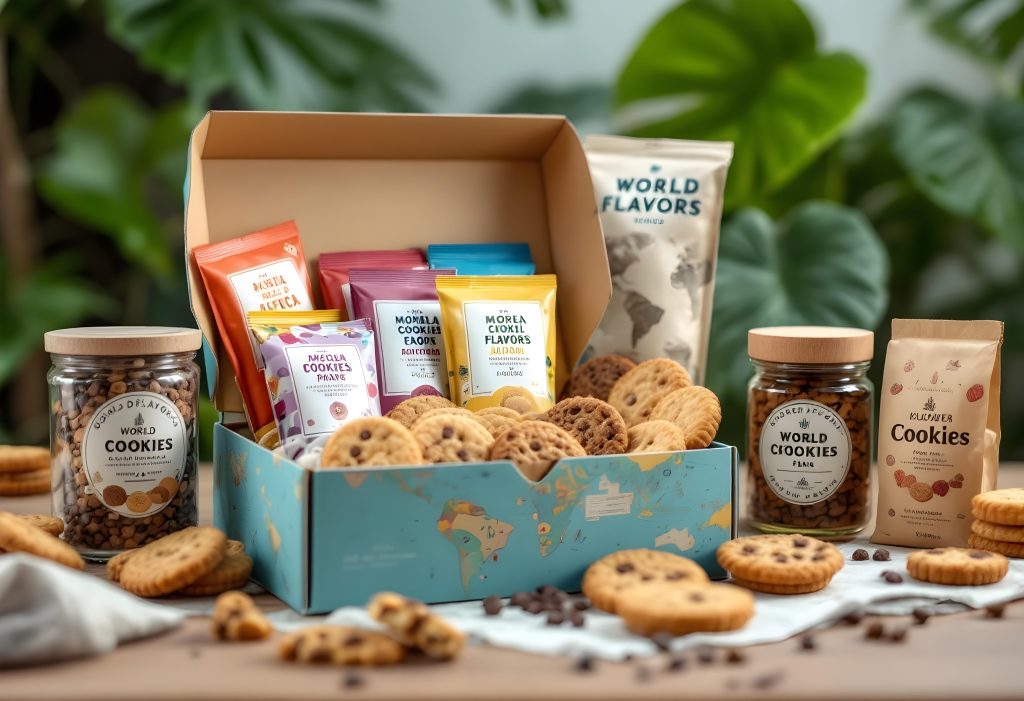
9. Enhanced Consumer Engagement
Generative AI tools like Snapchat’s Lens Studio enable you to create packaging that engages consumers on multiple levels, including augmented reality (AR) experiences and personalized messaging. As a result, interactive and dynamic packaging is no longer a concept for the future, but rather a reality. This not only improves your packaging’s appeal but also increases brand loyalty and sales.
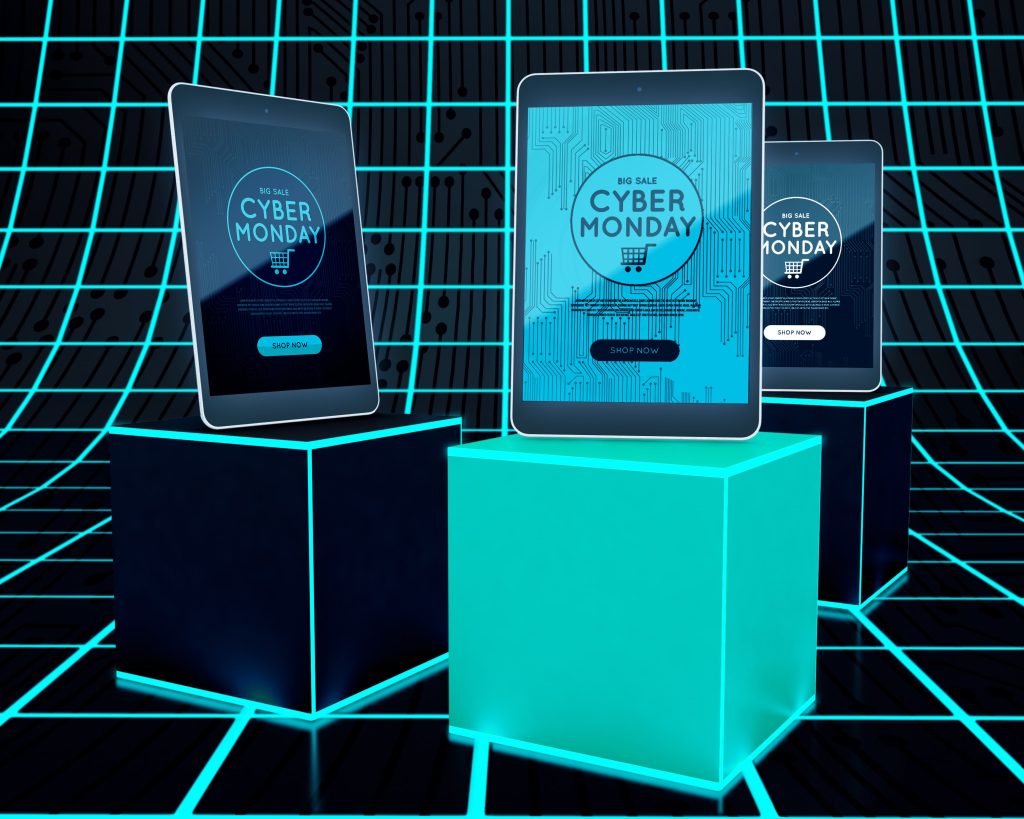
10. Future-Proofing Packaging Design
Design trends are continuously changing, and what is popular today may be outdated tomorrow. Generative AI helps you remain ahead of the curve by predicting and responding to future design trends. Google AI is an effective tool for anticipating changes in customer tastes and market conditions, ensuring that your packaging remains relevant and appealing in the long run.
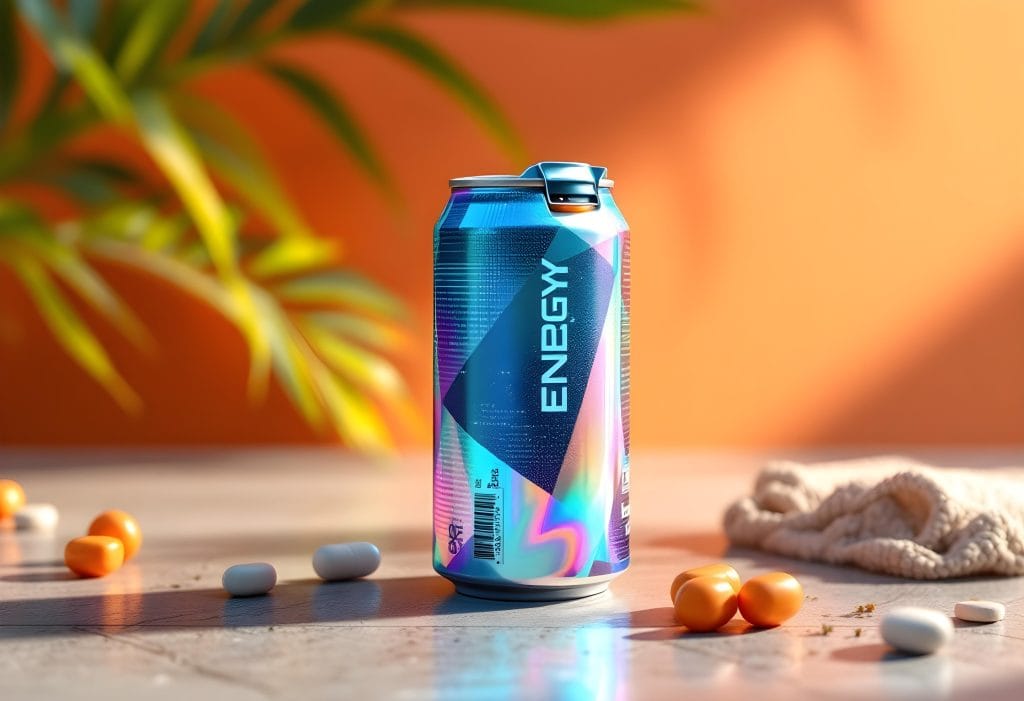
Summary of Applications Mentioned
| Applications | Description |
|---|---|
| Adobe Sensei | Automates design suggestions for product packaging based on consumer data analysis. |
| Google Cloud AI | Creates personalized packaging designs by leveraging machine learning and market trends. |
| Canva | Offers AI-powered templates and design suggestions for unique product packaging. |
| Freepik AI | Provides customizable design assets for eye-catching product packaging. |
| Autodesk’s Generative Design | Explores thousands of design options for optimizing packaging aesthetics and materials. |
| Microsoft’s AI for Earth | Suggests eco-friendly packaging designs by analyzing sustainable materials. |
| Ideogram | Generates imaginative packaging designs based on visual prompts and branding guidelines. |
| Adobe XD | Streamlines packaging design with real-time AI recommendations and prototyping features. |
| Amazon Web Services (AWS) AI | Analyzes customer data to create dynamic packaging designs. |
| Google’s AutoML | Trains custom models to generate tailored packaging designs. |
| Salesforce Einstein | Optimizes packaging designs based on predictions of consumer preferences. |
| Siemens NX | Uses generative design to create innovative, waste-minimized packaging solutions. |
| Ansys Discovery | Provides insights for optimizing packaging performance and durability. |
| Adobe Dimension | Creates photorealistic mockups of product packaging in 3D. |
| Snapchat’s Lens Studio | Enables AR interactions with product packaging designs. |
| Google AI | Generates creative packaging concepts using trend analysis and data insights. |
Challenges and Considerations
While Generative AI has numerous benefits, it is important to recognize the difficulties. Ethical considerations, such as ensuring AI-generated designs reflect your brand’s values, are essential. Furthermore, while AI is great, the human touch refines these creations, making them genuinely exceptional.
The Future of Packaging Design with Generative AI
The future of product packaging design is incredibly promising, fueled by the boundless potential of Generative AI. As more brands begin to integrate this advanced technology, those who adopt it earlier will not only gain a significant competitive advantage but also redefine industry standards. Embracing Generative AI now means setting the pace for innovation, creativity, and market leadership in product packaging design.

Conclusion
Generative AI integration into your product packaging design strategy is not a trend; it is a need. From customization and sustainability to speed and cost-effectiveness, the advantages are apparent. To fully achieve the promise of Generative AI, you’ll need a partner who understands both the technology and the art of design.
Unleash the Future of Packaging Design with Prime Outsourcing!
Ready to transform your product packaging? Prime Outsourcing combines the strength of Generative AI with the refinement of human creativity to create packaging designs that fascinate and convert. If you want to increase your brand’s visibility or explore new markets, our skilled team is here to help. Contact us today to learn how we can elevate your packaging to the next level!
READ MORE: How Generative AI Creative Design Solutions Alter Businesses


